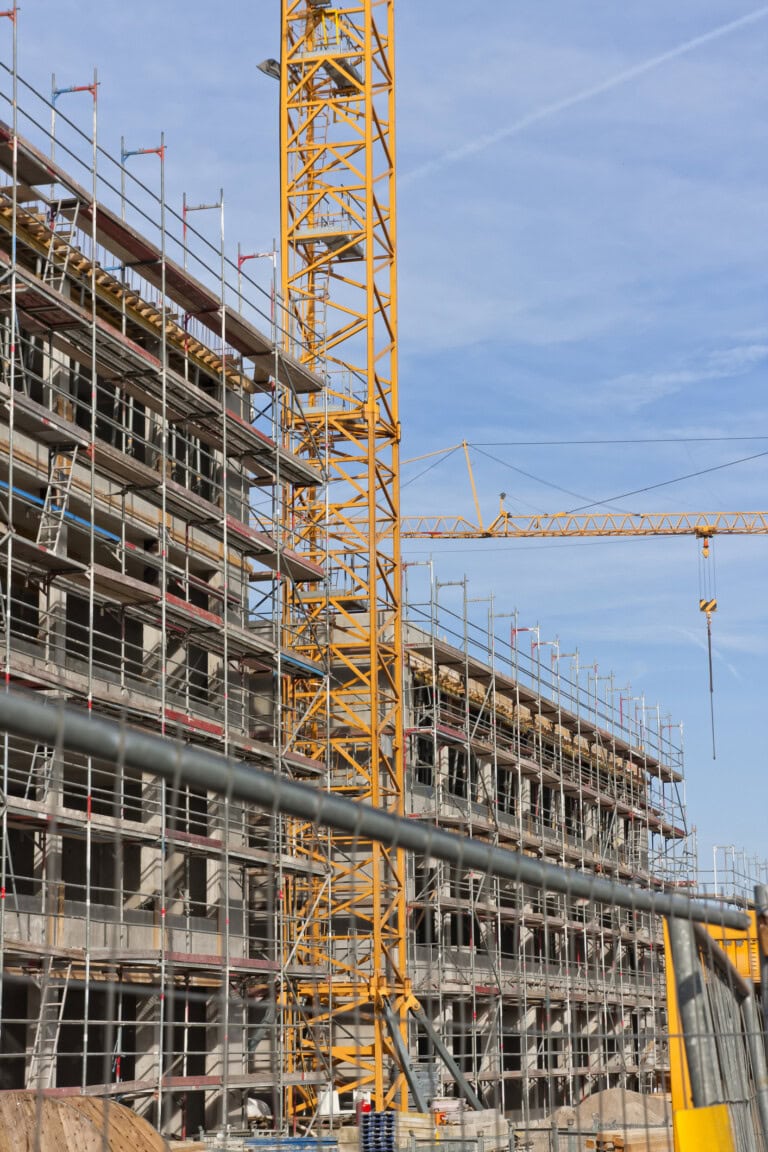Live Consultation on embodied carbon and Scope 3 emissions reporting

UKGBC has opened a consultation seeking industry feedback on new guidance setting out proposals for how embodied carbon data can be utilised and included within Scope 3 reporting for built environment organisations. The new guidance aims to establish a coherent link between Scope 3 reporting and embodied carbon assessments, supporting strategic emissions reduction efforts and builds on UKGBC’s Guide to Scope 3 Reporting in Commercial Real Estate.
The guidance outlines how developers, contractors, owners, occupiers, investors, and facilities managers can include embodied carbon data in their Scope 3 reporting. It also sets out how architects, engineers, and other professional services organisations can use project-based embodied carbon reporting to show the emissions impact of the projects they are working on. A further aim is to show how embodied carbon assessments can be used over spend-based methods for Scope 3 reporting, improving the overall accuracy of how businesses capture and report their emissions in accordance with GHG Protocol.
A task group and review group comprised of built environment professionals, technical and professional bodies were convened to support the development of this guidance.
Consultation Details
UKGBC is seeking feedback from experts familiar with embodied carbon assessments and GHG Protocol. In particular, we’re keen to receive feedback on:
- The apportioning of embodied carbon into Scope 3 categories for each stakeholder type
- The feasibility of calculating embodied carbon on a yearly basis during the construction phase
- The proposal for projects-based reporting for architects, engineers, and other professional services organisations
This is an opportunity for UKGBC members and the wider industry to share their perspectives on guidance which will go on to influence stakeholders across the built environment industry. As part of the consultation, you will be able to provide comment and ask questions, as well as gain clarity on the different sections and how they apply to you.
The draft guidance is available to download below and will be available online for feedback via a survey for 4 weeks. The consultation will close on Tuesday 5th December 2023.
Consultation Documents
Consultation Document
Related
Framework Definition for a Nature-Positive Built Environment Public Consultation

UKGBC’s Matchmaking Service

UK Climate Resilience Roadmap Second Industry Consultation

National and Devolved Policy

